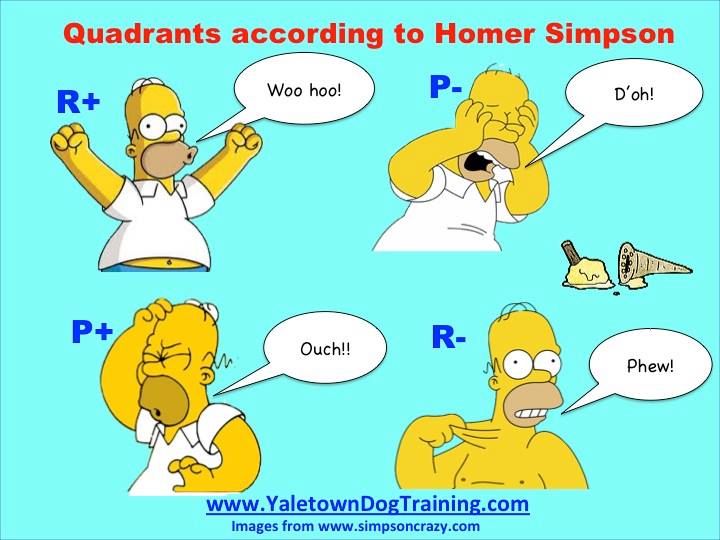This is something I've been thinking about for a while, and touches on something Nettle mentioned elsewhere.
I tend to reward Jasper quite heavily, often not for 'being good' but for 'not being bad'

However, if we are walking past a cat, or a dog I think he may kick of at, I need to concentrate on keeping him under control - which may actually involve brute force if the trigger is overwhelming, but is usually more a case of getting him to exert self-control. Faffing about delving in my pocket for a treat, getting him to notice it when his focus is elsewhere, and trying to post the treat through his muzzle while keeping a firm grip can be enough to reduce my (physical and mental) control and flip the switch in his brain - I tend to have better results by keeping moving, with a gentle but firm hold on the lead, and saying in a light voice 'Not for you,' 'It's just a silly doggy,' or whatever. Once his focus is off the trigger I will praise him and maybe treat him, but even then, I feel that digging around for a treat and posting it through his muzzle, which will break our stride, signals that 'something has happened' whereas I would like to convey a feeling that 'nothing has happened, nothing to see, move on calmly,' though still letting him know that he done good. Does that make sense?
So, my question is - as praise ('good boy') is very often coupled with a treat, and possibly ear rubs, does saying 'good boy' in a calm but happy voice when he's fallen back in step with me after being very focused on, say, a cat but he's managed not to throw himself at it (or throw himself at me in frustration

) let him know that he did what I wanted him to do and make him more likely to exert self-control in future?



